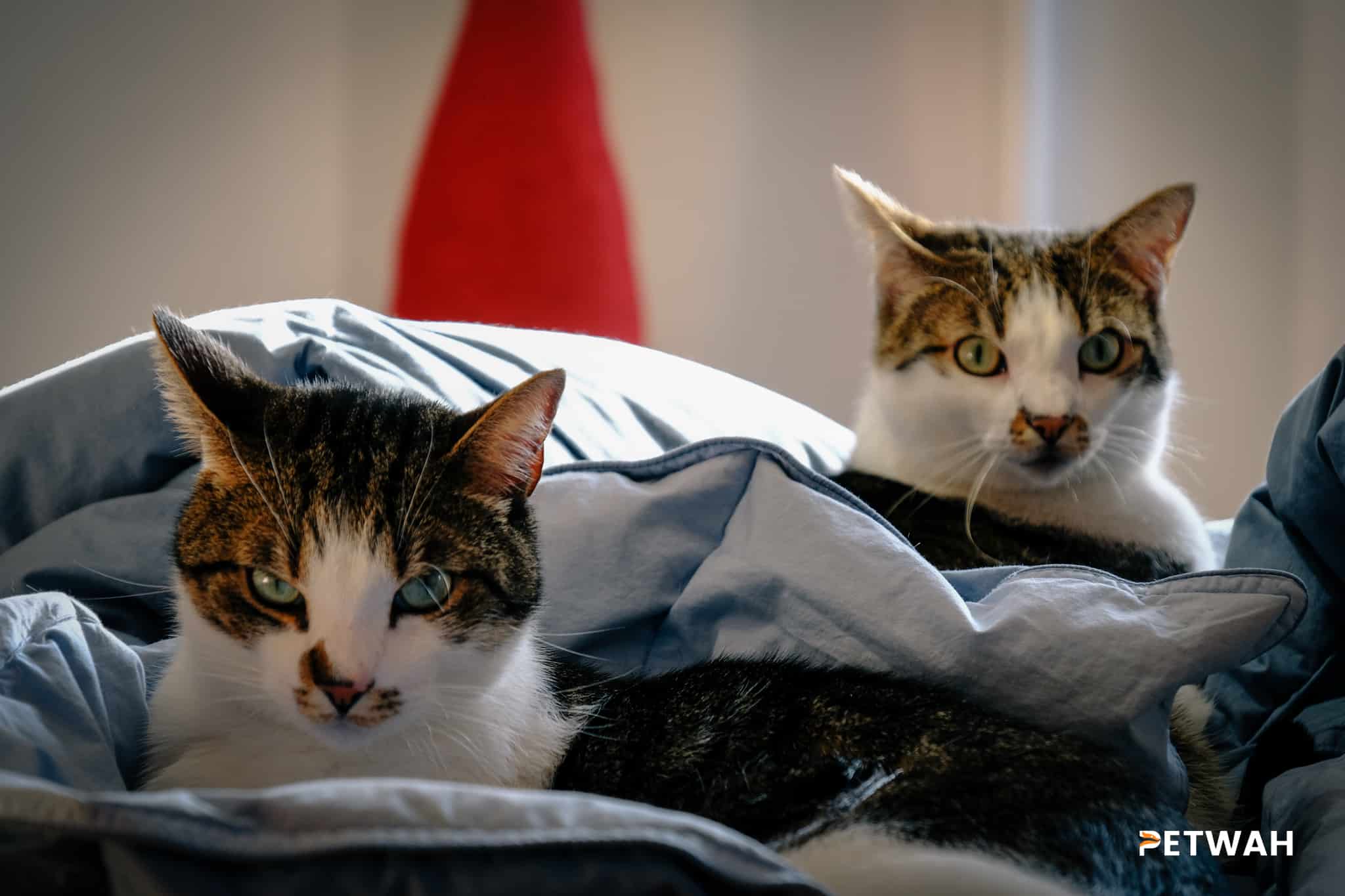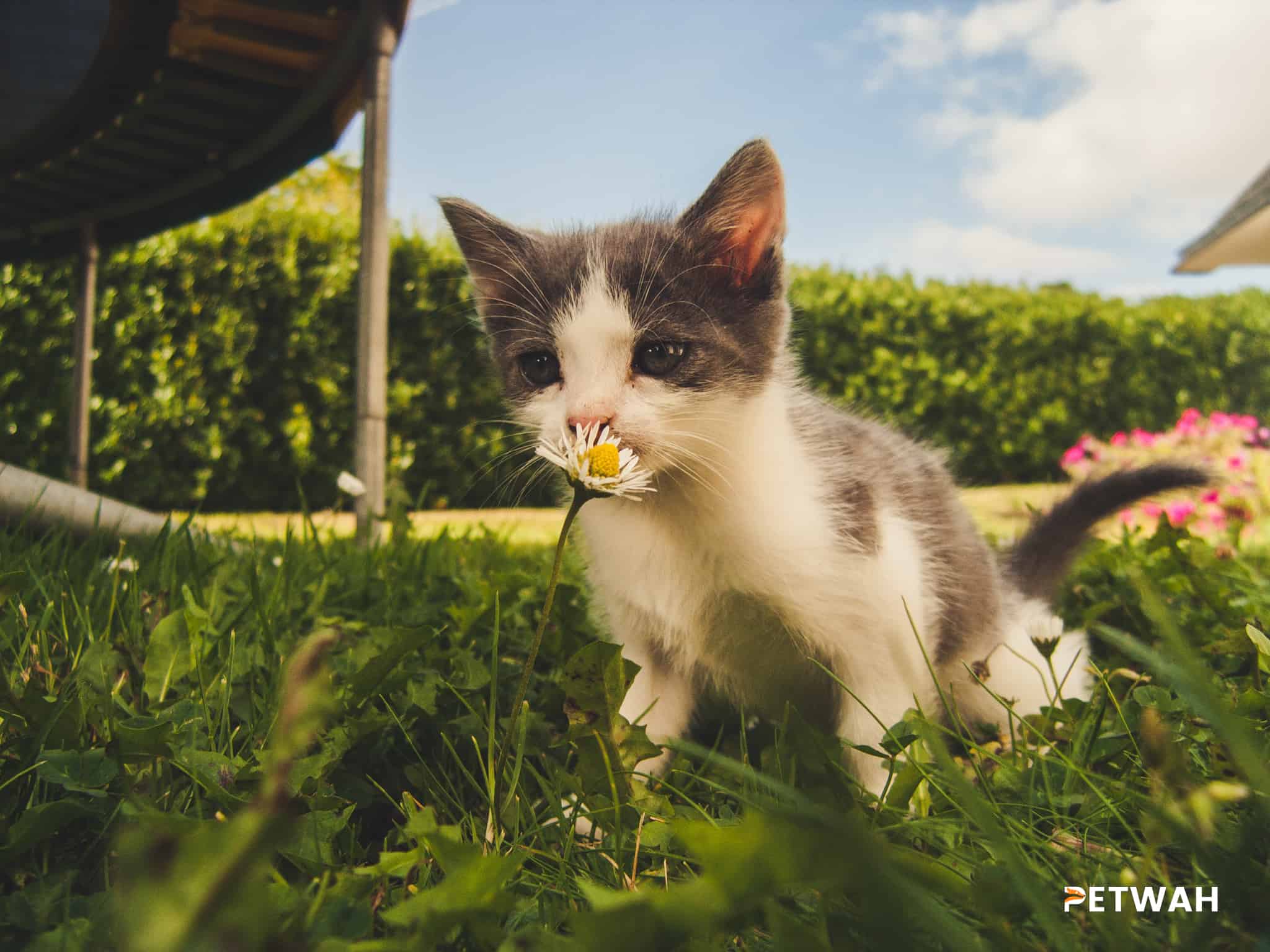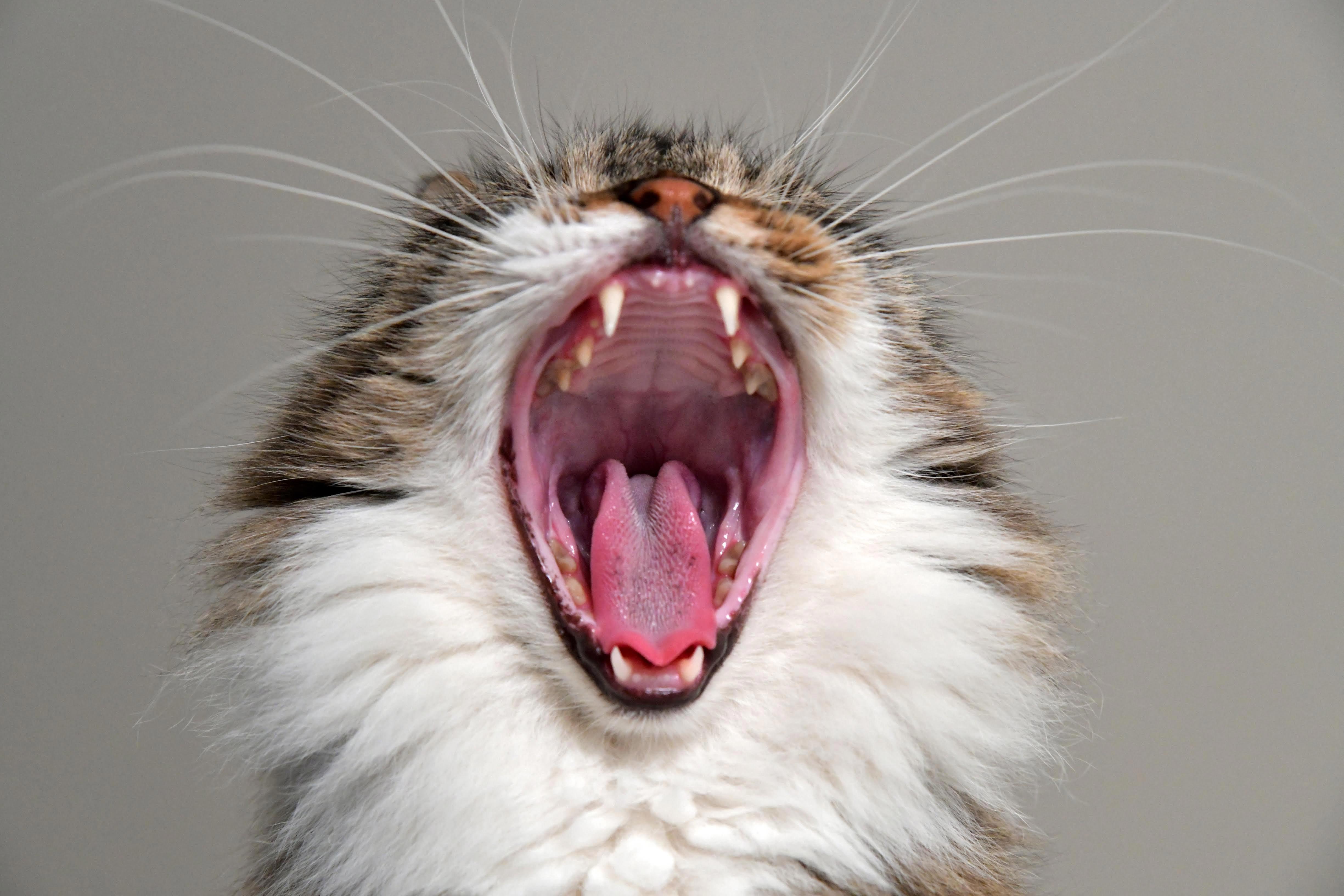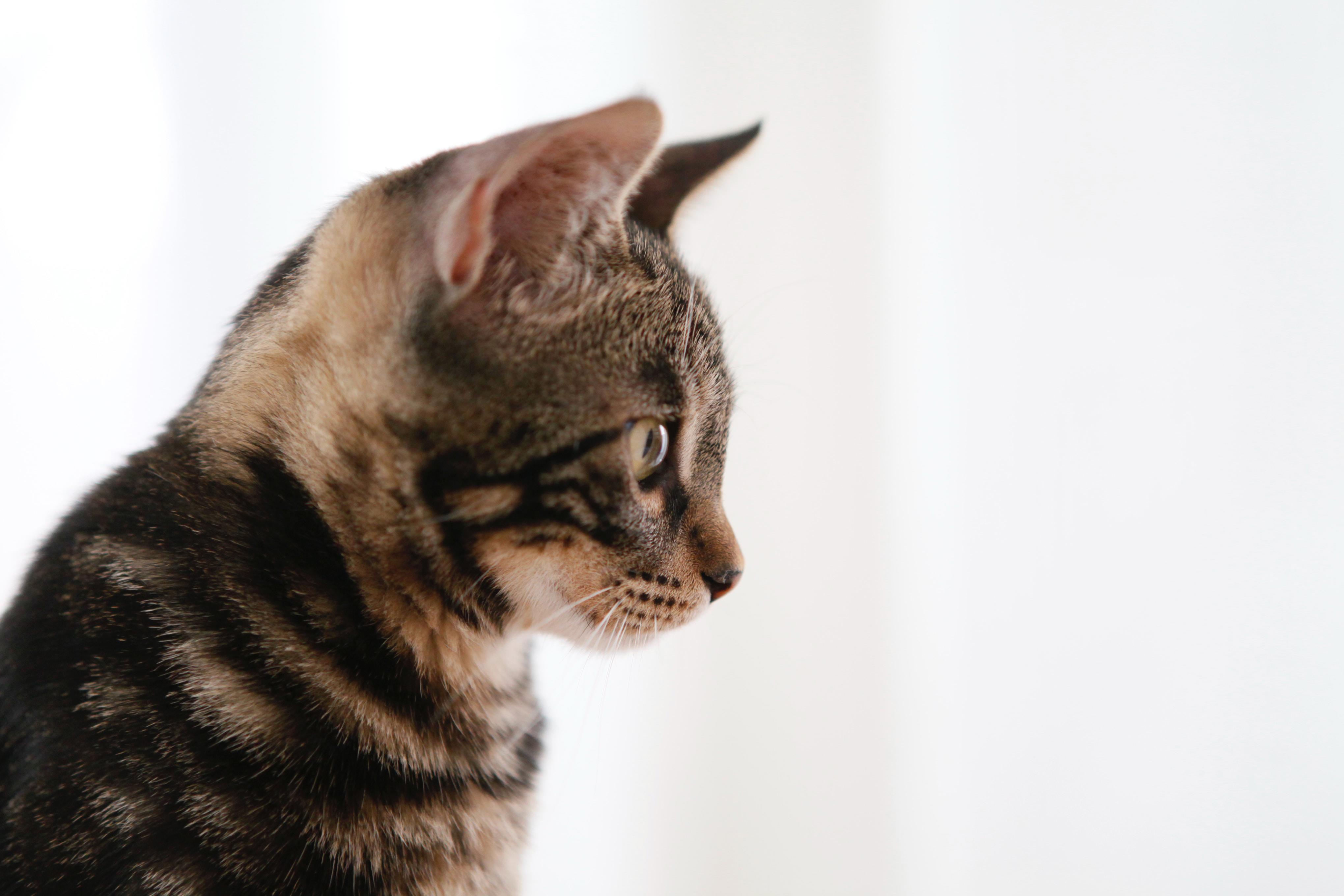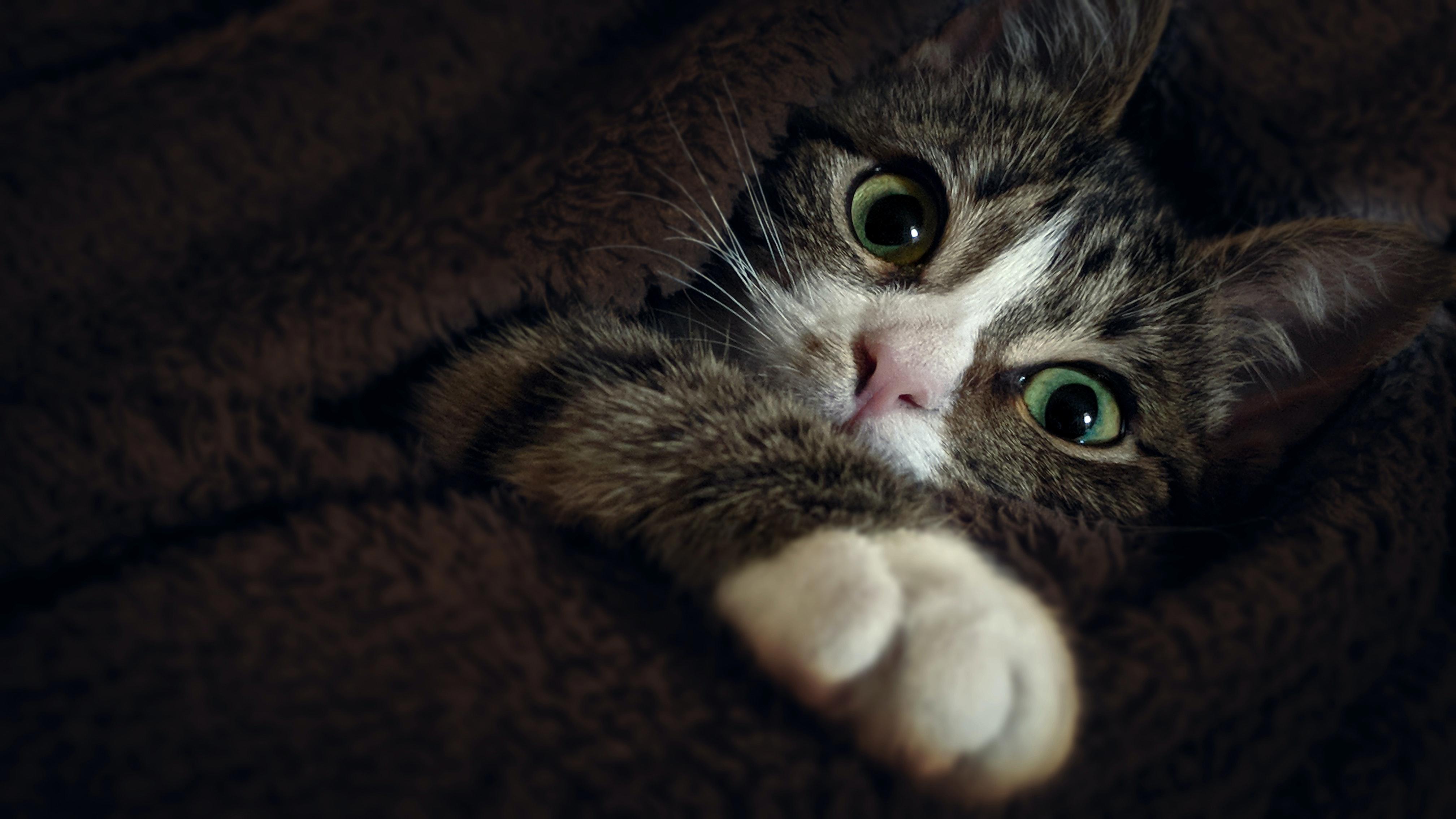As beloved members of our families, our pets require special care and attention as they age. Cats, in particular, can experience health issues as they get older. It’s important for couples to understand how best to handle the aging process and address any potential health concerns that may arise. This blog post will provide guidance and tips on how to navigate this stage of your cat’s life, ensuring their well-being and comfort.
Understanding the Aging Process
Cats, like humans, go through a natural aging process. It’s important to recognize the signs of aging in your feline companion so that you can provide the appropriate care. Some common signs of aging in cats include:
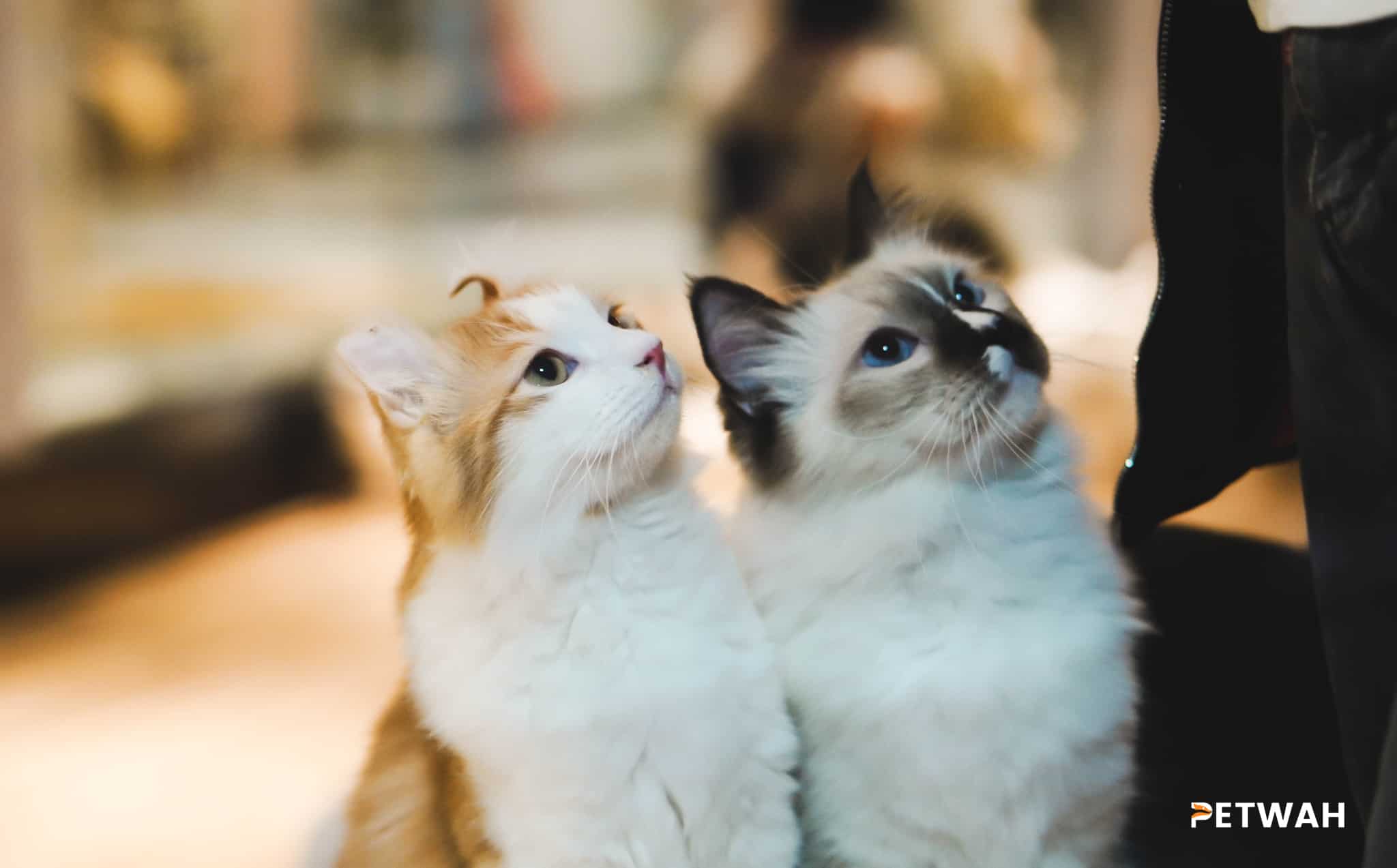
1. Decreased activity and energy levels
2. Weight loss or gain
3. Changes in appetite and water consumption
4. Litter box issues
5. Dental problems
6. Arthritis and mobility issues
Health Concerns and How to Address Them
As your cat ages, they may be more susceptible to certain health issues. It’s crucial to be proactive and address these concerns to ensure your cat’s well-being. Here are some common health issues in aging cats and how to handle them:
1. Dental Care: Dental problems and oral health issues are prevalent in older cats. Regular dental check-ups, professional cleanings, and a proper dental care routine at home can help prevent tooth decay and gum disease. Soft or wet food can also be easier for older cats to eat.
2. Joint and Mobility Issues: Arthritis is a common problem in aging cats. Providing soft bedding, ramps or steps to help them access elevated areas, and promoting gentle exercise can ease discomfort and improve mobility. Discuss with your veterinarian about supplements or medications that may help manage joint pain.
3. Diet and Nutrition: Aging cats often have different dietary requirements. Consult with your veterinarian to ensure your cat is receiving a balanced diet appropriate for their age and health condition. Regular check-ups are essential to monitor and address any dietary changes that may be necessary.
4. Mental Stimulation: Older cats may experience cognitive decline. Providing mental stimulation through interactive toys, puzzles, and regular playtime can help keep their mind active and engaged. It’s also important to spend quality time with your senior cat to provide companionship and reassurance.
5. Regular Veterinary Check-ups: Regular vet visits become even more critical as your cat ages. These check-ups can help detect any underlying health issues early on and allow for prompt treatment. Your veterinarian may recommend blood tests and other diagnostic procedures to monitor your cat’s overall health.
Preparing for End-of-Life Care
While it can be a difficult subject to broach, it’s important for couples to discuss and prepare for end-of-life care for their aging cat. Considerations may include:
1. Pain management: Discuss with your veterinarian about pain management options to ensure your cat’s comfort.
2. Palliative care: Consult with a veterinarian experienced in end-of-life care to discuss palliative treatment plans.
3. Quality of life: Continuously assess your cat’s quality of life and make decisions in their best interest. Consider their ability to eat, move, and engage in activities they enjoy.
4. Euthanasia: It’s a personal decision and the last act of love and compassion for your pet. Consult with your veterinarian about the process and when it may be appropriate.
5. Emotional support: Seek emotional support from friends, family, or support groups who understand the challenges of caring for an aging pet. They can provide empathy, guidance, and comfort during this difficult time.
FAQs
1. How can I help my aging cat stay active?
Regular playtime, interactive toys, and gentle exercise can help keep your aging cat active and stimulate their mind. Consult with your veterinarian for specific exercise recommendations based on your cat’s health condition.
2. Is it normal for my older cat to have a decreased appetite?
A decreased appetite can be a sign of various underlying health issues. If your cat’s appetite has significantly changed, it’s important to consult with your veterinarian to rule out any medical problems.
3. Should I switch to a specialized senior cat food?
Consult with your veterinarian to determine if switching to a specialized senior cat food is necessary for your aging cat. They can provide recommendations based on your cat’s health condition and dietary requirements.
4. How often should I take my aging cat to the vet?
Regular veterinary check-ups are crucial for aging cats. Your veterinarian can provide guidance on how frequently your cat should receive preventive care exams and diagnostic tests based on their individual needs.
5. How do I know when it’s time to say goodbye to my aging cat?
Deciding when it’s time to say goodbye to your beloved pet is a deeply personal decision. Consult with your veterinarian, who can assess your cat’s overall health and quality of life. They can provide guidance and support during this difficult process.
Conclusion and Call-to-Action
As your cat ages, it’s vital for couples to proactively address their changing needs and potential health issues. By understanding the aging process, staying vigilant about their health, and providing appropriate care, you can ensure your cat’s happiness and wellbeing in their golden years. Remember, they have been there for you throughout their lives, and it’s now our turn to be there for them.
For more information on caring for your aging pet, visit PetWah.com, a comprehensive resource for pet owners.


